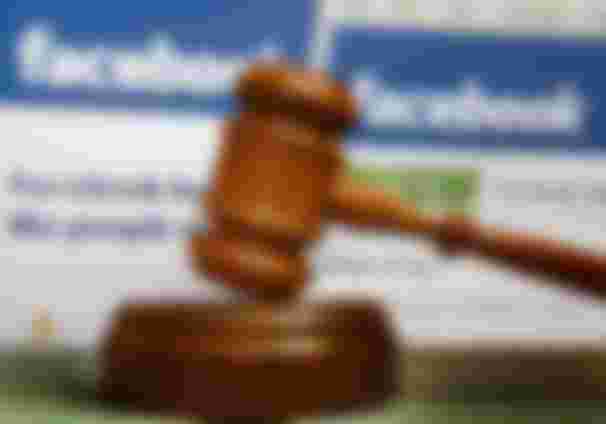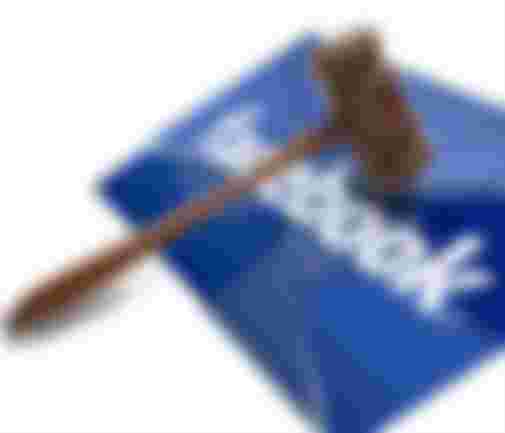The use of the Internet is easy and readily available, so the whole world is now in the hands of people. Thanks to the Internet, people can now easily communicate from one end of the earth to the other. And on this internet, Facebook is one of the great means of social communication worldwide. However, many people have benefited in many ways as a result of using Facebook, but many are also facing losses. No one is abusing Facebook again without understanding or understanding. As a result, many of them are getting stuck under the Information Communication and Technology Act. According to Section 57 of the Act, if a person is convicted of this crime, he can be imprisoned for seven to fourteen years without bail. At the same time, there may be a fine of up to one crore rupees.

Information Technology Act:
The government passed the Information Communication and Technology Act in 2006 to prevent misuse of various media on the Internet. But the government amended the Information Technology Act (ICT) in 2013 to curb the misuse of social media in Bangladesh. According to Section 40 of the Act, if any crime is committed, the concerned police officer can immediately inform the concerned District Magistrate and file a case and start investigation. Article 21 of the law states that a criminal, person or organization can present crime-related conversations and conversations on Facebook, Skype, Twitter or any other medium of the Internet or law-enforcement agencies as evidence of crime. Whatever is in the evidence law in this regard, it will be acceptable in the court in the interest of the case. In addition, under Section 57 of this Act, Provoking information against a person or organization is punishable by a maximum of 14 years and a minimum of seven years. At the same time, there may be a fine of up to one crore rupees. The law also says that crime-related conversations on Facebook, Twitter, Skype or any other medium and still and video images related to it will be enforceable in court. Section 57 (1) of this Act states, “If a person intentionally promotes or broadcasts something on a website or in any other electronic format, which may be deceptive or obscene if read, seen or heard by anyone considering it false or obscene or related, or Defamatory, degrading or likely to degrade law and order, tarnishing the image of the state and the individual, or hurting religious sentiments, or inciting any person or organization with such information,
(See Digital Security Act, 2018 in the appendix to this book for the latest legislation.)

What is considered a crime on Facebook: According to the information communication and technology law on Facebook, the actions that are punishable are-
1. False and obscene things cannot be used on Facebook that could be unethical for anyone to read, see and hear.
2. No one can be defamed because of a status or tag.
3. Nothing can be written that degrades law and order.
4. Something cannot be written and tagged which tarnishes the image of the state and the individual.
5. Nothing can be written that could hurt one's caste, caste and religious sentiments.

What to do
If a person creates a fake Facebook account or Twitter ID to embarrass or harass the original user and if the person fears that he may face social, economic and professional harm, then he (the victim) can file a GD with the concerned police station. If a GD has been lodged with the police station in this regard, if someone commits a crime using someone's name, the victim will not be held responsible. Because he had already made a GD at the police station. If you run into such problems and the problem is something big, you can also sue under the Information Communication and Technology Act.



A crime is always a crime